Support offices on campus for special needs students
SINGAPORE — Starting this year, Disability Support Offices will be set up on the campuses of publicly-funded universities, polytechnics, Institute of Technical Education (ITE) colleges and arts institutions.

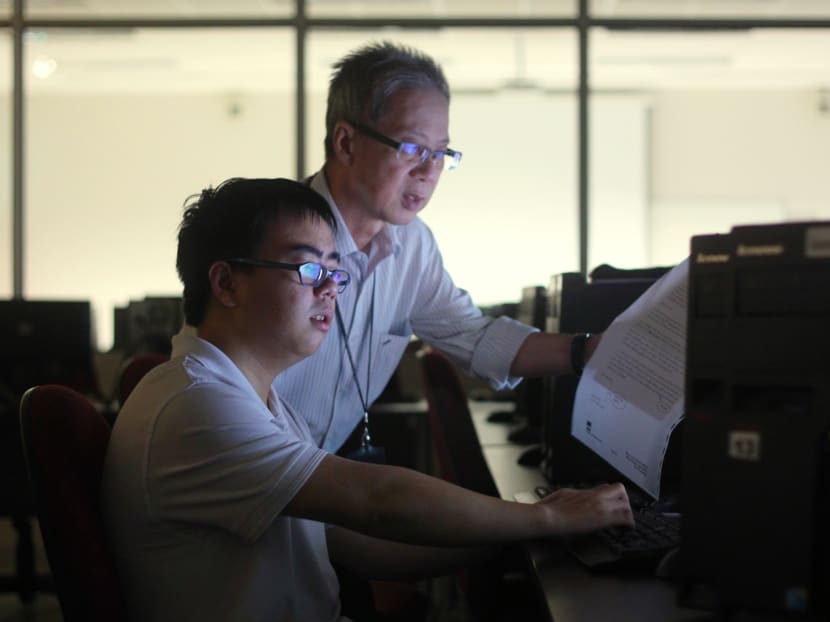
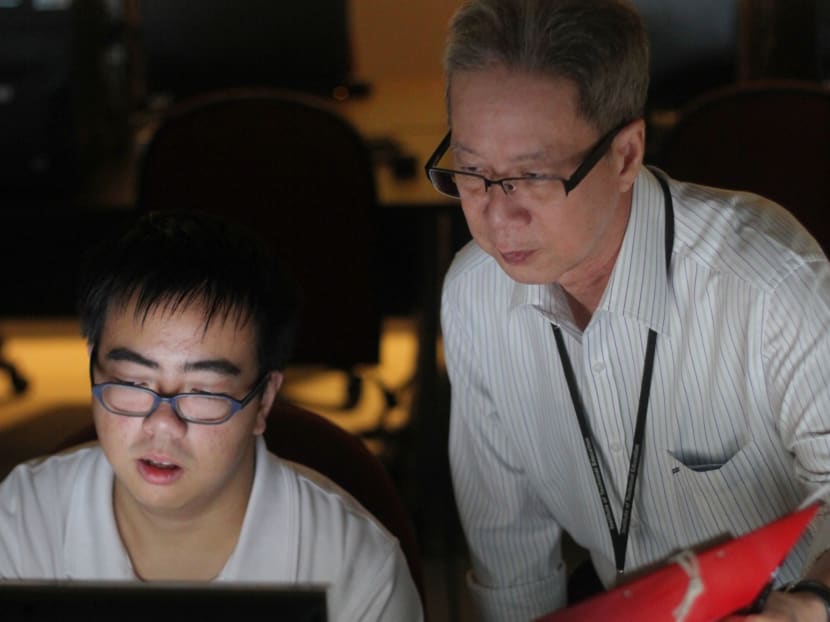
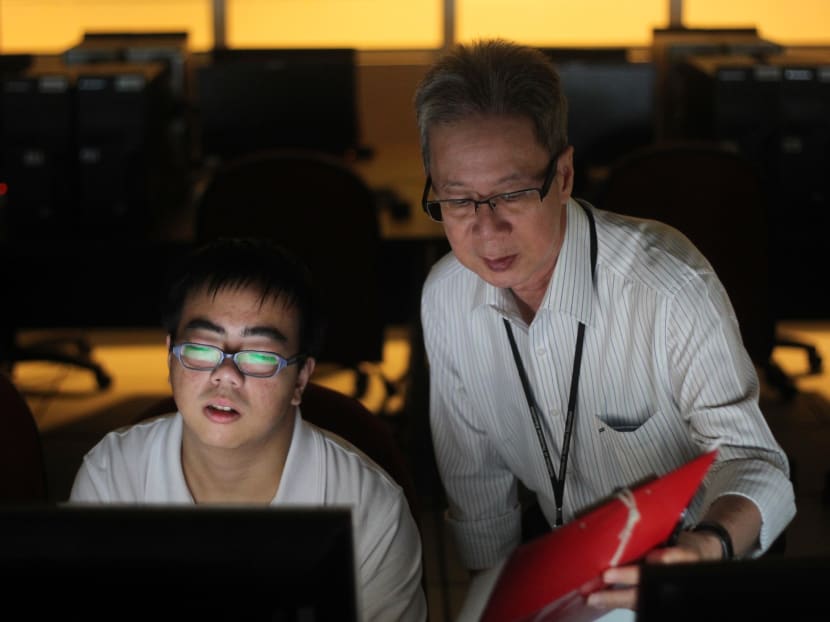
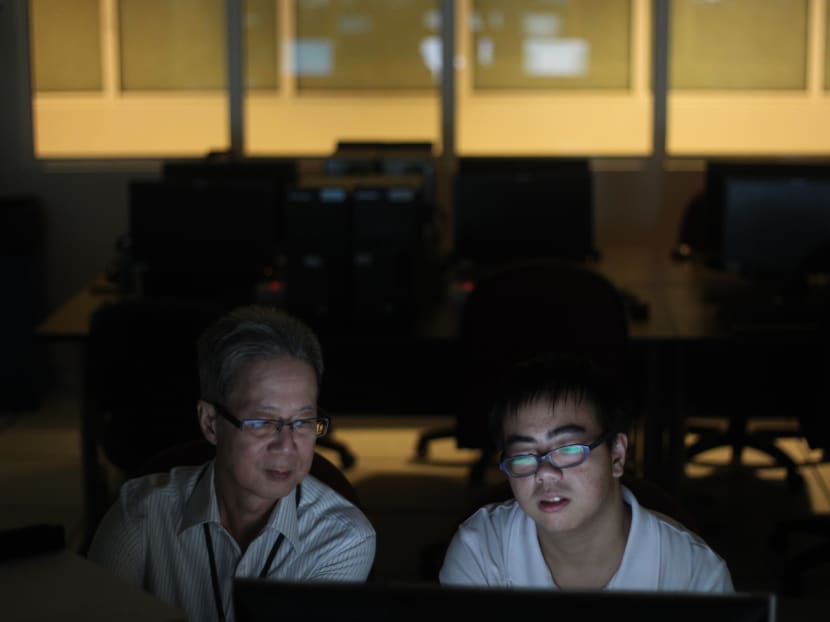
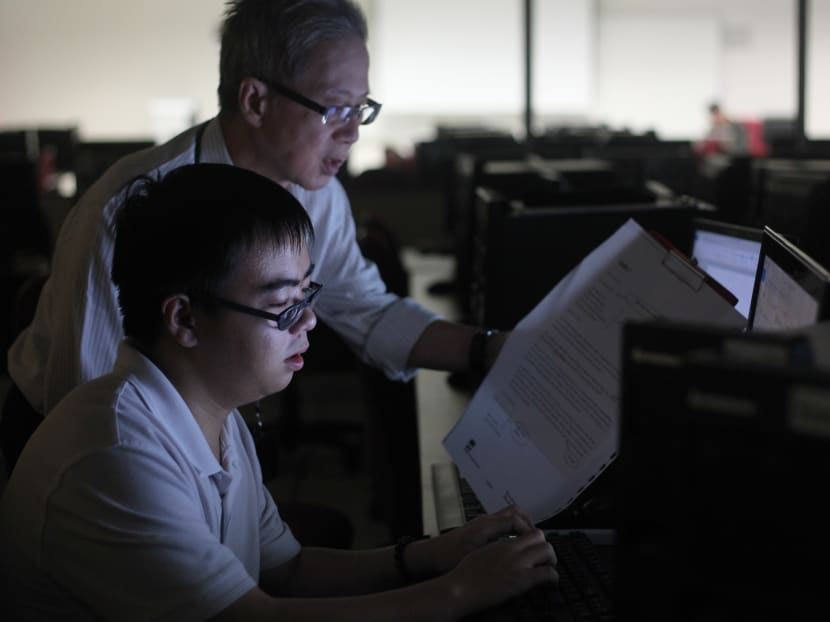
SINGAPORE — Starting this year, Disability Support Offices will be set up on the campuses of publicly-funded universities, polytechnics, Institute of Technical Education (ITE) colleges and arts institutions.
These offices will coordinate training on special needs support for their staff and work with course managers to ensure that necessary adjustments are made for students with special needs, Minister of State (Education) Sim Ann said during the Ministry of Education’s (MOE) Committee of Supply debate.
Citing the Learning Accessibility Office located at Student Care Centres in ITE Colleges as an example, she said it was a one-stop office for ITE students with physical, learning and behavioural disabilities to seek advice and assistance.
Second-year Higher Nitec in Business Studies (Administration) student Edwin Tan, 19, was diagnosed with retinitis pigmentosa when he was 12. Before long, he had to take a magnifying glass to school so he could read as his vision started to deteriorate.
He began lagging behind his peers in his studies until Student Care Officers stepped in to help him the following semester. They enlarged the size of his notes and purchased a larger computer monitor for him.
A Teaching Assistant was also on hand to help him with his studies. Tellingly, he improved his grade point average and had a perfect score of four points the next semester.
Ms Sim also said the ministry will set up a Special Education Needs (SEN) Fund for polytechnic and ITE students with physical or sensory-related impairment.
Under the fund, students can receive up to S$5,000 to purchase assistive devices, such as voice recognition technology, and up to S$25,000 for supporting services, such as interpretation in sign language.
The SEN Fund will cost the Government more than S$2 million in the initial stages and is expected to cost almost S$1 million per year thereafter, said the MOE.
Beyond the Institutes of Higher Learning (IHL), the MOE has expanded the School-based Dyslexia Remediation (SDR) Programme, piloted in 2012, to another 20 schools this year.
With the expansion, a third of all primary schools will be offering the two-year programme to Primary 3 and 4 students with dyslexia.
In all, close to 1,000 students will benefit from it.
About 1 per cent of students who enter ITEs, polytechnics or publicly-funded universities have some form of special education needs.
Moulmein-Kallang GRC Member of Parliament Denise Phua suggested nurturing anchor operators in key disability areas to help train teachers, specialists, allied educators, among others.
These anchor operators can provide “blended learning packages” to teach core subjects such as daily living skills and literacy.
In response, Ms Sim said the MOE will study the suggestion.






